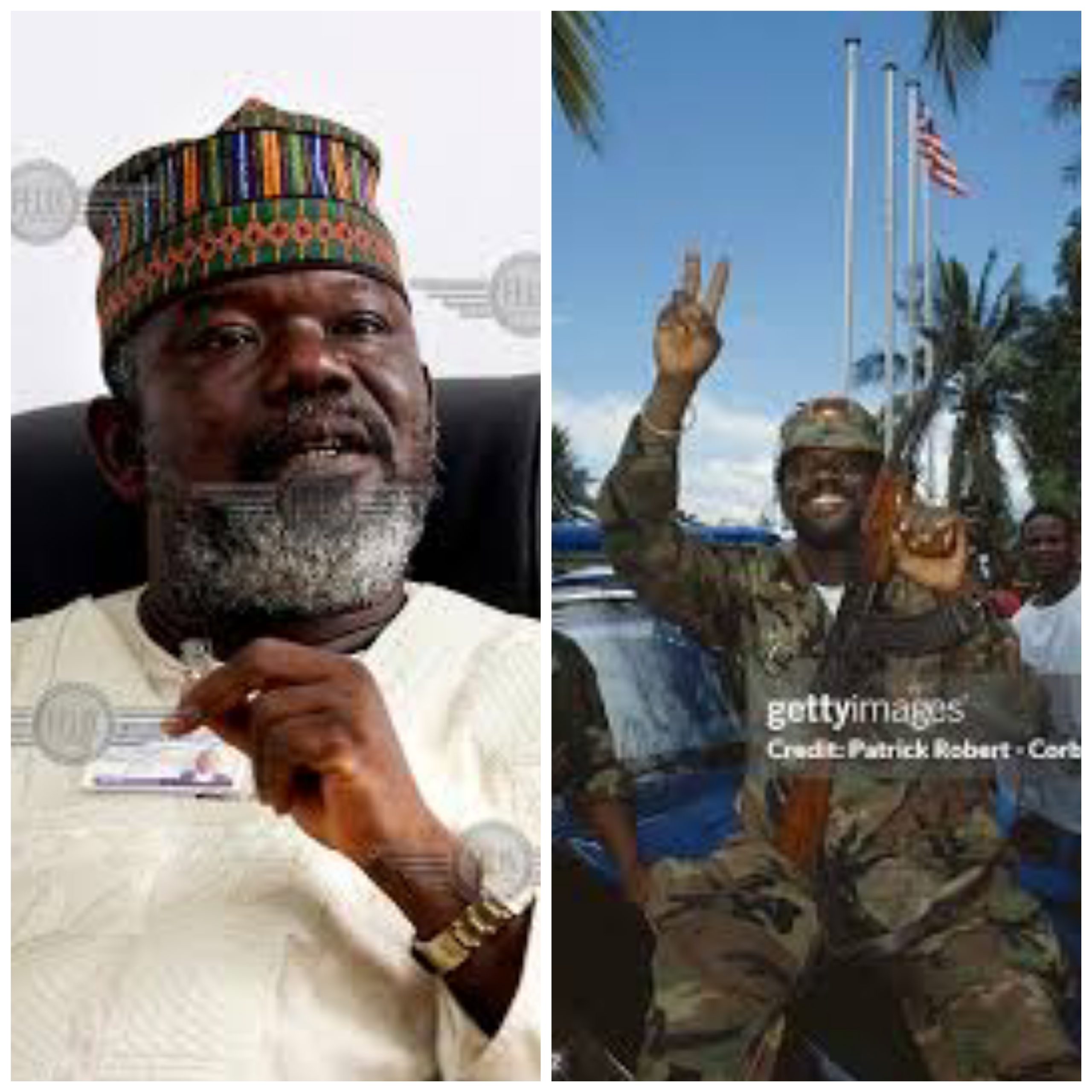Former liberian war lord Prince Yomie Johnson is death at 72.
By Teekay Adams
Thursday 28th November, 2024
Kindky share.
Prince Yormie Johnson, a former Liberian warlord turned politician, played a controversial and pivotal role in Liberia’s history, particularly during the nation’s turbulent civil wars and subsequent political reconstruction. His death at the age of 72 marks the end of a contentious legacy shaped by both brutal conflict and political maneuvering.
Rise to Prominence During the Liberian Civil War
Born in 1952 in Tapeta, Nimba County, Johnson became a soldier in the Armed Forces of Liberia (AFL) but later defected in 1980 after the coup led by Master Sergeant Samuel Doe. Johnson joined the National Patriotic Front of Liberia (NPFL) under Charles Taylor in the late 1980s, playing a significant role in the early stages of the First Liberian Civil War. However, in 1990, Johnson broke away from Taylor’s NPFL to form the Independent National Patriotic Front of Liberia (INPFL), carving out his own path and influence during the conflict.
Role in the Assassination of Samuel Doe
Johnson’s most infamous act came in September 1990, when his INPFL forces captured President Samuel Doe at the Freeport of Monrovia. Doe, who had led Liberia since his 1980 coup, was brutally tortured and executed in a widely publicized and videotaped incident. Johnson, seated calmly while sipping beer during Doe’s torture, cemented his image as a ruthless and unflinching figure in the chaos of Liberia’s civil war. The assassination marked a turning point in the war, leading to increased international condemnation and fragmentation of warring factions.
Transition to Politics
After the end of the First Civil War and a period of exile in Nigeria, Johnson returned to Liberia and shifted his focus to politics. In 2005, he was elected to the Liberian Senate as a representative for Nimba County, reflecting his enduring popularity in his home region. Johnson leveraged his wartime reputation and influence to consolidate power within his political base, often portraying himself as a defender of Nimba County’s interests.
Influence in the Senate
As a senator, Prince Johnson wielded significant influence in Liberian politics. He was instrumental in blocking efforts to establish a war crimes tribunal or a commission of inquiry into atrocities committed during the civil wars. Johnson argued that such measures would destabilize Liberia and reignite old divisions, a position that drew criticism from human rights advocates but resonated with many in his constituency.
His controversial stance on reconciliation and justice underscored his enduring power to shape Liberia’s political discourse. Johnson also used his position to influence presidential elections, often acting as a kingmaker by endorsing candidates in exchange for political concessions.
The Future of His Political Party
Johnson’s Movement for Democracy and Reconstruction (MDR) became a key player in Liberian politics, particularly in Nimba County. His death leaves a power vacuum that could lead to fragmentation within the MDR or a struggle for leadership among his political allies. The party’s future will largely depend on its ability to navigate Liberia’s complex political landscape without its charismatic and polarizing founder.
Legacy
Prince Johnson’s legacy is deeply divisive. To some, he was a protector of Nimba County and a shrewd political operator. To others, he was a warlord responsible for heinous atrocities who evaded justice while enjoying the privileges of political office. His death closes a contentious chapter in Liberia’s history but leaves unresolved questions about accountability, reconciliation, and the path forward for a nation still healing from the scars of war.


